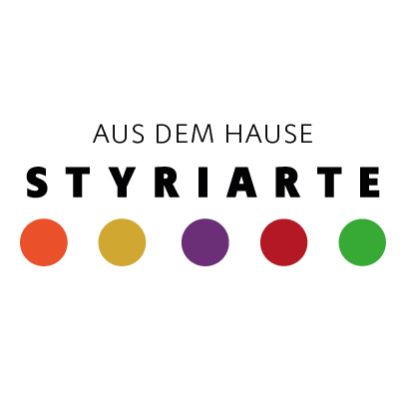| Tommaso Huber | Fugismund | |
| Sebastian Gürtler | Tristans Tango | |
| Schoenberg, Arnold (1874-1951) | Brettl-Lieder (Cabaret Songs) | |
| Weill, Kurt (1900-1950) | Dreigroschenoper, Mahagonny u.a. | |
| Mahler, Gustav (1860-1911) | Symphony no. 5 in C sharp minor: Adagietto | |
| Holländer, Friedrich (1896-1976) | Wenn ich mir was wünschen dürfte (When I presume to wish for something) | |
| Stolz, Robert (1880-1975) | Die ganze Welt ist himmelblau | |
| Benatzky, Ralph (1884-1957) | Im weißen Rössl: Ausschnitte |
| Iris Vermillion | Mezzo-soprano |
| Amarcord Wien |
Wien und Berlin verbindet eine Hassliebe, die Früchte trug. Iris Vermillion und das Wiener Ensemble Amarcord machen daraus einen großen Abend im Dunst der Cabarets, zwischen Brecht/Weill und „Weißem Rössl“. Schon 1901 ließ sich Schönberg als Kapellmeister vom Berliner Kabarett „Überbrettl“ anheuern. In seinen „Brettl-Liedern“ hauchte er den prosaischen Preußen ein wenig vom „Wiener Schmäh“ ein. Später eilten immer wieder große Österreicher an die Spree, um die freie Berliner Luft zu atmen und der Enge der Heimat zu entfliehen. Auch Robert Stolz konnte davon Lieder singen!
Vienna and Berlin have a love-hate relationship that bore fruit. Iris Vermillion and the Viennese Ensemble Amarcord turn this relationship into a great evening in the atmosphere of a cabaret, between Brecht/Weill and “The White Horse Inn”. As early as 1901, Schoenberg was hired as the conductor of the Berlin Cabaret “Überbrettl”. In his “Brettl-Lieder” he breathed some of the Viennese snide humour into the prosaic Prussians. Later, great Austrians would travel to the Spree from time to time to breathe the free air of Berlin and flee the narrowness of their home country. Even Robert Stolz found himself doing so.


